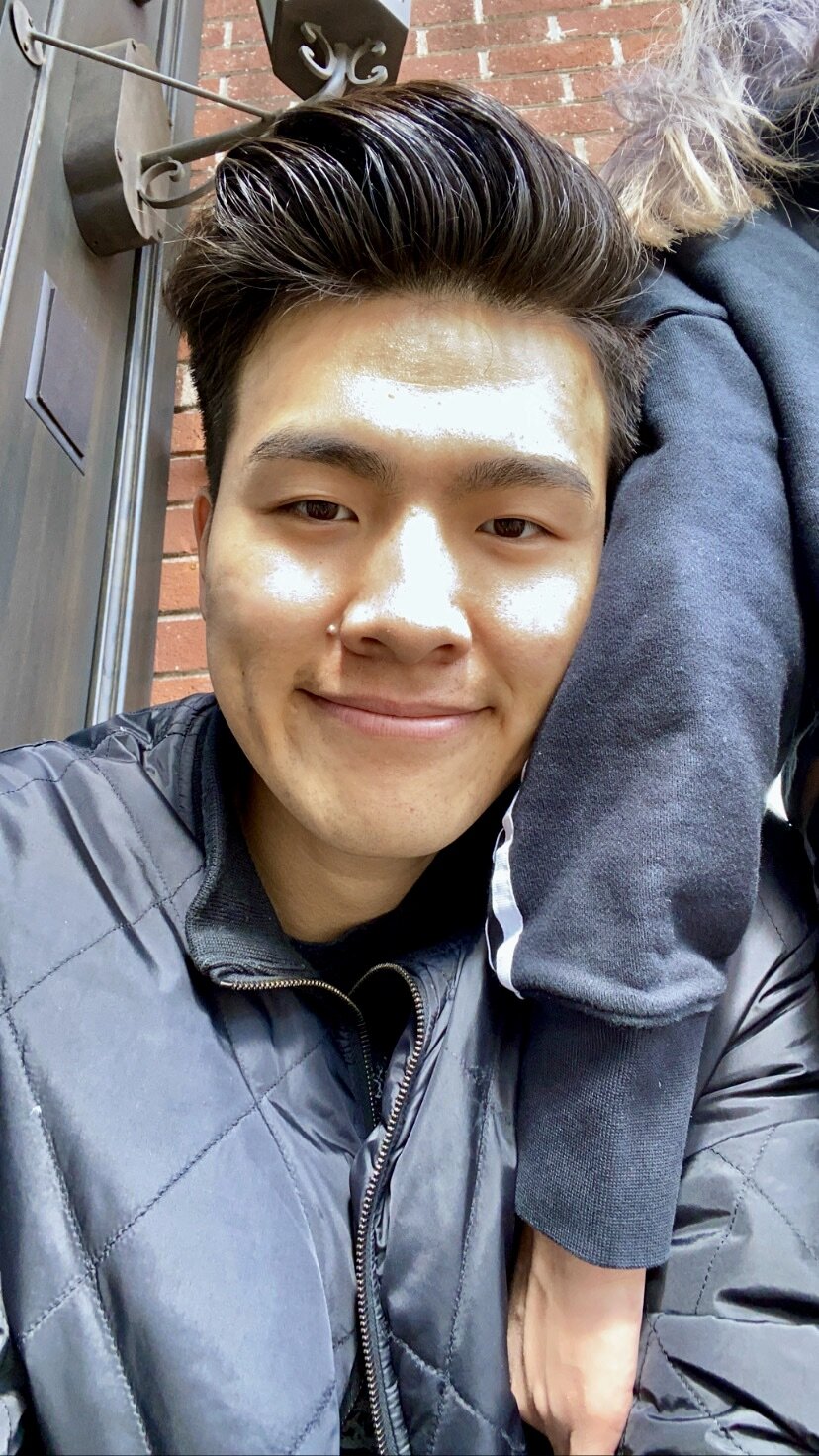Perks of dating a Therapist (#19)
8 Minute Read
Saturday Brunch Selfie
Following up on last week’s discussion about some challenges in the therapist’s guide to dating, we thought we would spend some time looking at the positives and perks of dating as a therapist. Full disclaimer, we are not perfect therapists and definitely not perfect partners. As much as we try to fulfill the aspects listed below, there are times when we struggle and have to check ourselves (before we wreck ourselves...and our relationships). That being said, it feels pretty great to know that the work we have dedicated these past few years to is actively benefiting our own relational patterns.
Addressing problematic patterns before they become habits
I (Kevin) am the type of person that tends to get quiet when I’m upset. It takes some prodding and proactive engagement before I can open up about what is bothering me. However, in a relationship setting, this silence can easily become weaponized or turn into passive-aggressiveness, and the last thing I would want is for my partner to feel like she has done something wrong the moment I stop talking. Early on in our relationship, we worked to establish ways we could mutually support each other when we are not at our best, especially if the frustration came as a result of the other person’s actions. Identifying problematic patterns is not about walking on eggshells to protect the other person’s feelings, but about coming up with solutions to create a process where both parties are able to feel heard.
2. Setting appropriate boundaries
Even though we talk about setting healthy boundaries all the time with our clients, I (Shannon) am one of those people that struggles to stick to my own boundaries on a regular basis. Whether it is with friends, family, or clients, I will frequently push my own plans aside to make room for others, often resulting in more stress for myself later on. One of the privileges of being a therapist dating a therapist is that my partner has the ability to engage therapeutically, but will set a boundary to stay in the partner lane instead. I remember calling him after a really difficult day at work and half-jokingly saying, “I don’t know what’s wrong with me. Aren’t you like a therapist or something? Can you tell me what I should do?” To his credit, he responded with, “I want to be your boyfriend, not your therapist.” My partner was still able to use his therapist skills of empathy, psychoeducation, and openness, but it was from the stance of a loved one, rather than standing on the authority of a mental health professional.
3. Leaning away from codependency
As we discussed in our previous post on green flags, codependency is the inability to be okay with myself when somebody else is not okay with me. In relationships, this can look like falling into a shame spiral when your partner is upset and bending personal boundaries to accommodate your partner’s desires. For partners that have quietly developed a savior/victim roleplay, it can be extremely unnerving for the savior if the victim regains their autonomy and can function healthily without needing saving. As therapists, we lean away from codependency by realizing that our partners cannot be our everything. As much as I (Kevin) would like to spend all of my time with my partner, I need to acknowledge that being with her 24/7 would impact the daily routine I set for myself, opportunities to make new friends, and my personal development as an individual. Dating without codependency becomes a collaborative dance of checking in with oneself, each other, and the relationship as a whole to ensure that one’s accountability is not compromised.
From the bottom of our hearts, we are so grateful to our partners for being our biggest encouragement through the stressors of work and adulthood in general. We might bring a lot of therapist knowledge to the table, but the real credit lies with both people making a conscious effort to work on the relationship every day. Therapists are regular human beings too, and these perks that we get excited about are definitely fully accessible to any relationship, regardless of what line of work one does. The transformation of knowledge to application starts with the willingness to notice how you are showing up as a partner and how these tools might benefit your circumstances; after all, you are the biggest expert on your own relationship.
